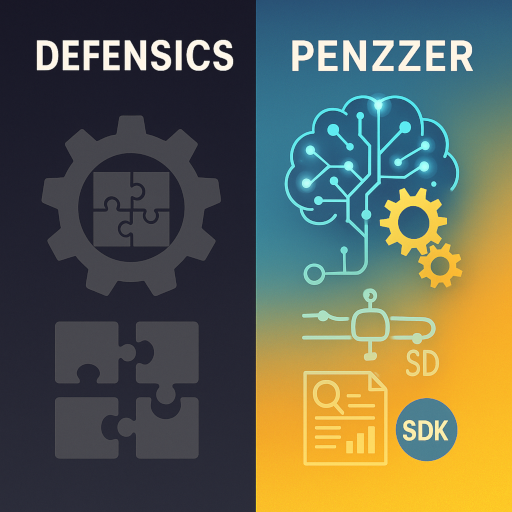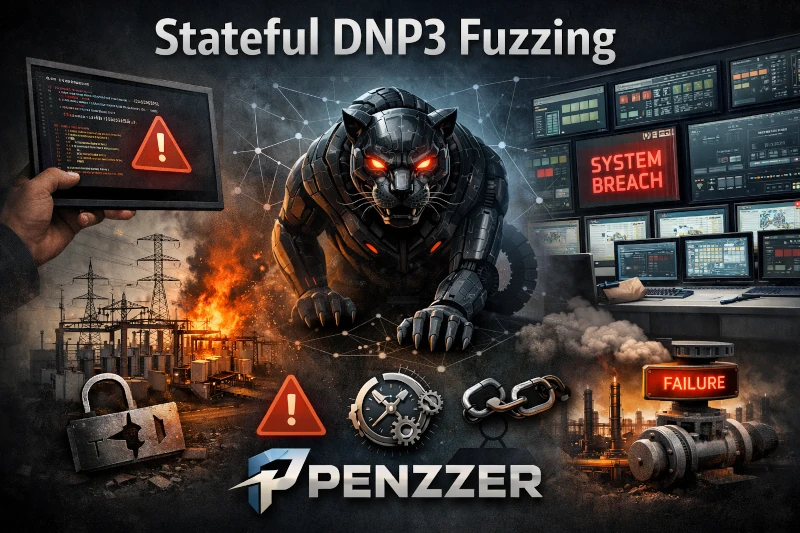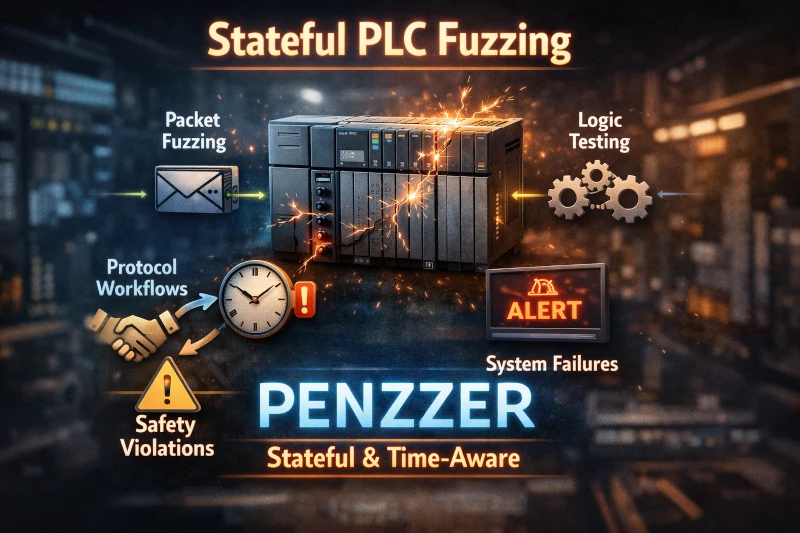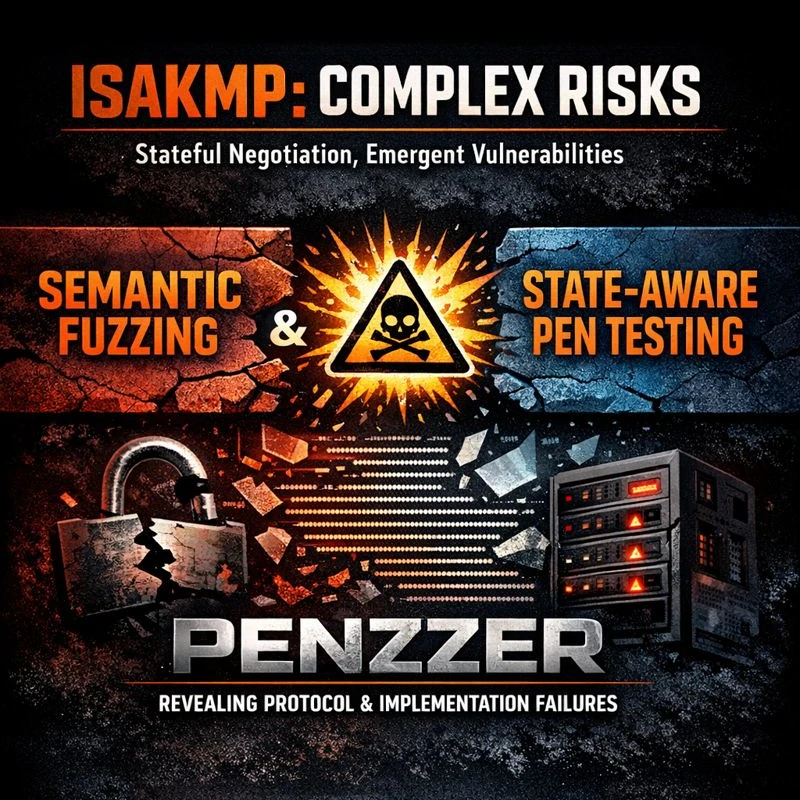Distributed Network Protocol v3 Fuzzing (DNP3)
Stateful DNP3 fuzzing exposes real-world logic, timing, and safety vulnerabilities unreachable by stateless testing; Penzzer enables protocol-aware, adversarial workflows that reveal control, availability, and trust failures in operational SCADA systems.





